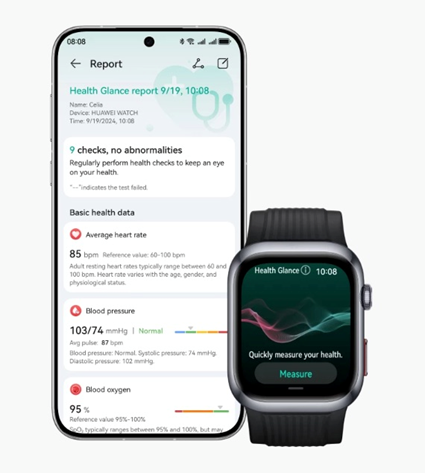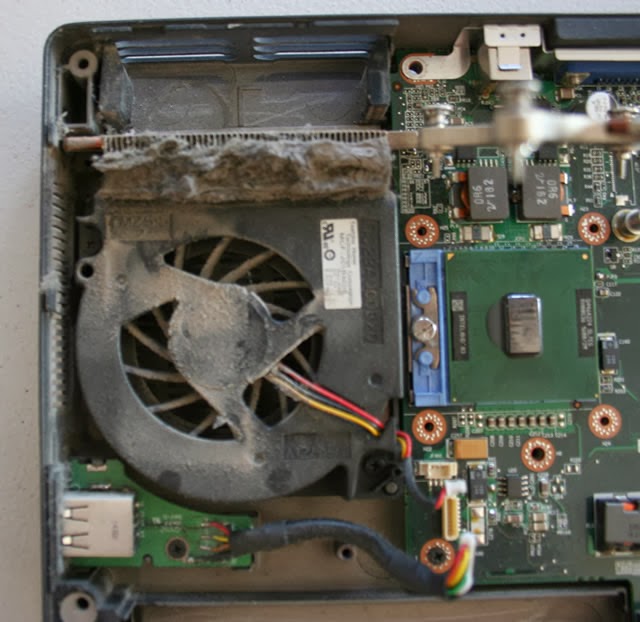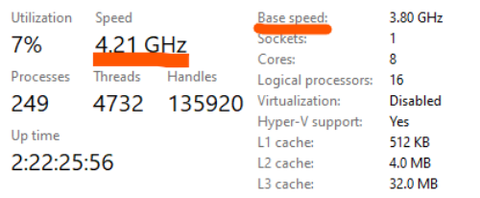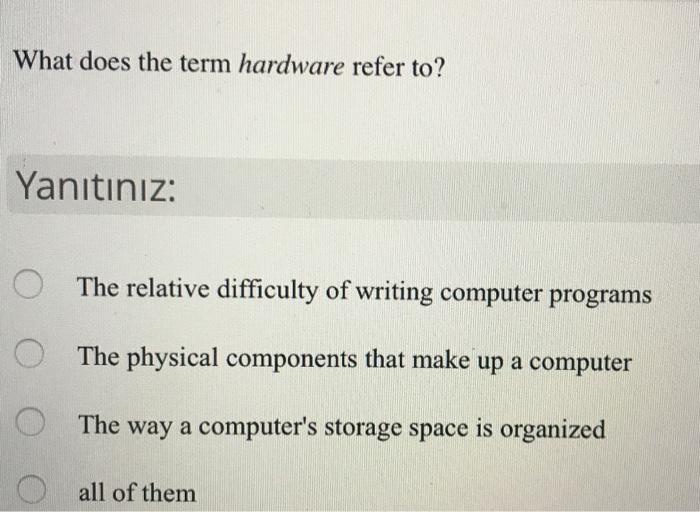How Does High Blood Pressure Affect Overall Health?
High
blood pressure, or hypertension, is often called the "silent killer"
for a good reason—it frequently exhibits no symptoms while causing serious
damage to the body. This condition, marked by elevated pressure in the blood
vessels, can strain vital organs like the heart, brain, and kidneys over time,
leading to severe health complications. Understanding the broader implications
of high blood pressure is essential, as it affects not only your physical
health but also your daily life. By addressing hypertension early, you can
mitigate its impact and lead a healthier, more balanced life. Let’s explore how
high blood pressure affects your overall health and practical strategies for
managing its effects.

Impact on Heart Health
How High Blood Pressure Strains the Heart
High
blood pressure places excessive strain on the heart, forcing it to work harder
to pump blood. Over time, this added workload causes the heart muscles to
thicken, reducing their ability to function effectively. This condition, known
as left ventricular hypertrophy, can lead to decreased cardiac efficiency and
further complications. The strain also damages the arteries, causing them to
lose elasticity, which reduces blood flow to essential organs. This damage not
only affects the heart but also increases the risk of other cardiovascular
diseases. By maintaining a healthy lifestyle, you can help alleviate the
pressure on your heart and promote long-term cardiovascular health.
Increased Risk of Heart Attacks and Heart Failure
The
long-term effects of untreated hypertension significantly heighten the risk of
heart attacks and heart failure. Narrowed or hardened arteries may become
completely blocked, cutting off the blood supply to the heart muscle and
causing a heart attack. In cases where
the heart cannot keep up with the demands of the body due to prolonged strain,
heart failure may occur. This chronic condition diminishes the heart's ability
to pump blood effectively, leading to symptoms such as fatigue, shortness of
breath, and swelling in the extremities. Prevention through blood pressure
management is key to avoiding these life-threatening outcomes.
Effects on the Brain
How High Blood Pressure Leads to Strokes
Hypertension
is one of the leading causes of strokes, a condition where blood flow to the
brain is interrupted. Persistent high pressure can weaken blood vessel walls,
making them more prone to rupture. Alternatively, it can lead to blood clots
that block the flow of blood to the brain, causing ischemic strokes. The
consequences of a stroke are often devastating, ranging from paralysis and
speech difficulties to long-term cognitive impairments. Addressing high blood
pressure through lifestyle changes and regular monitoring can significantly
reduce the risk of this serious condition.
Cognitive Decline and Memory Issues
Chronic
high blood pressure can also harm the brain's delicate blood vessels, leading
to cognitive decline over time. Reduced blood flow can damage the brain’s white
matter, affecting memory, concentration, and decision-making abilities. Studies
suggest that unmanaged hypertension may increase the likelihood of developing
dementia or Alzheimer’s disease. Prioritizing blood pressure control not only
supports heart health but also safeguards your cognitive well-being as you age.
Damage to Kidneys and Other Organs
How High Blood Pressure Affects Kidney Function
The
kidneys play a vital role in filtering waste and excess fluids from the blood,
but hypertension can compromise their function. High blood pressure damages the
blood vessels in the kidneys, reducing their ability to perform efficiently.
Over time, this can lead to chronic kidney disease or even kidney failure,
necessitating dialysis or a transplant. Effective blood pressure management is
crucial for maintaining kidney health. By adopting healthy eating habits and
staying active, you can minimize the strain on these essential organs and
improve their longevity.
Damage to Blood Vessels and Other Organs
Hypertension
doesn’t just affect the heart, brain, and kidneys—it impacts the entire
circulatory system. The increased pressure can lead to the narrowing or
hardening of blood vessels throughout the body, reducing blood flow to various
organs. This condition, called atherosclerosis, increases the risk of
complications such as aneurysms and peripheral artery disease. Healthy habits,
including regular exercise and a balanced diet, play a pivotal role in reducing
this risk and preserving overall vascular health.
Impact on Everyday Life
Fatigue, Headaches, and Daily Discomfort
Hypertension often manifests through subtle yet disruptive symptoms such as fatigue and persistent headaches. These issues can affect your productivity, mood, and quality of life. Over time, untreated high blood pressure may lead to complications that further restrict daily activities. One effective way to monitor and manage these symptoms is by regularly measuring blood pressure. Modern wearable devices like the home blood pressure monitor Huawei Watch D2 make this process convenient. Its 24-hour blood pressure monitoring feature provides valuable insights into your health patterns, ensuring you stay informed. Learning how to measure blood pressure with sphygmomanometer and combining it with advanced wearable tech can empower you to take control of your health.

Managing Stress and Emotional Health
Hypertension
can also impact emotional well-being, as the condition is often linked to
chronic stress. Anxiety and tension can exacerbate blood pressure levels,
creating a vicious cycle of health challenges. Adopting stress management
techniques such as meditation, deep breathing, and regular exercise can
significantly improve both mental and physical health. Advanced wearables like
the Huawei Watch D2 offer guided meditation features, making stress reduction
accessible even on busy days. This holistic approach to managing blood pressure
ensures that your emotional health receives the attention it deserves.
Conclusion
Addressing high blood pressure is essential for safeguarding long-term health and enhancing the quality of life. Its widespread effects on the heart, brain, kidneys, and daily functioning highlight the importance of early intervention and consistent monitoring. By embracing a balanced lifestyle that includes healthy eating, regular exercise, and stress management, you can mitigate the risks associated with hypertension. Advanced tools like the Huawei Watch D2 further simplify health tracking, empowering you to stay proactive. Remember, small, consistent changes can lead to profound improvements in your overall health, ensuring you live a fulfilling and vibrant life.







